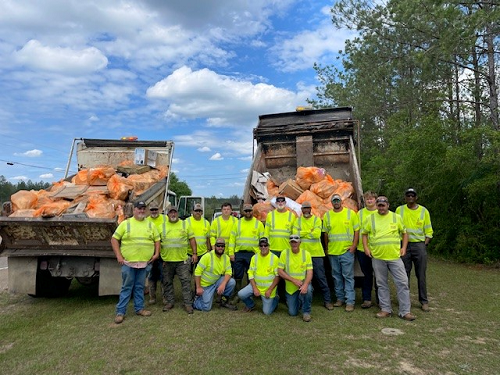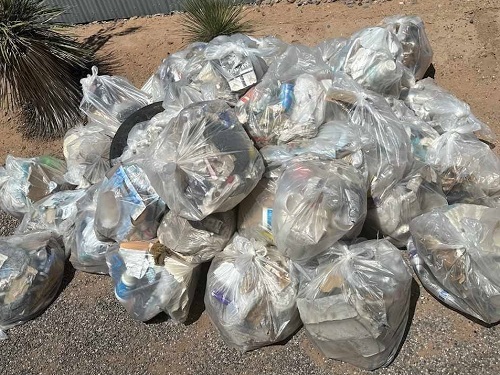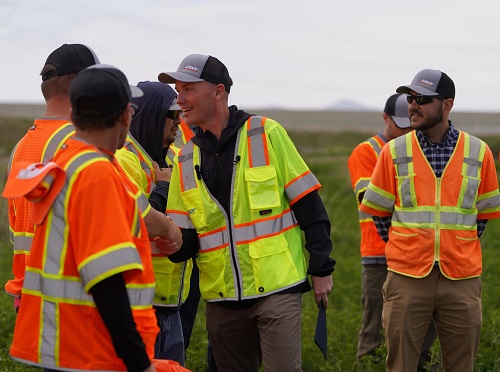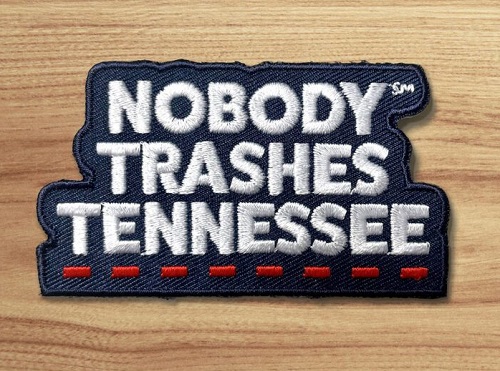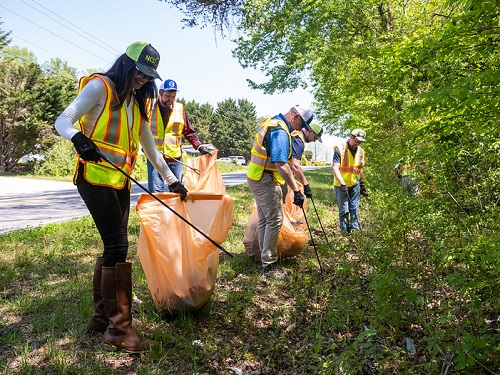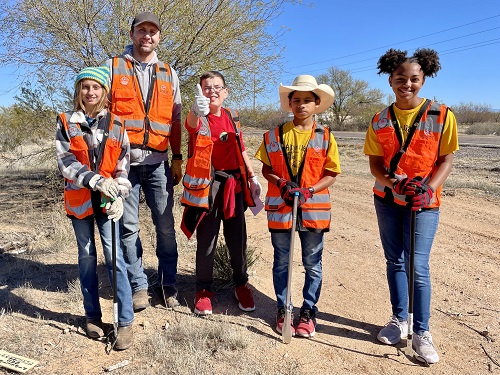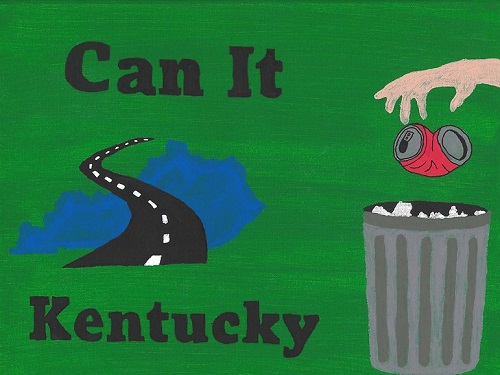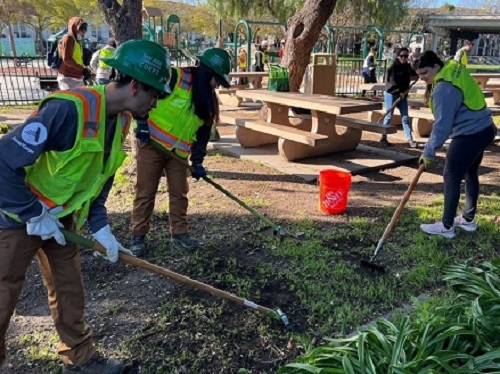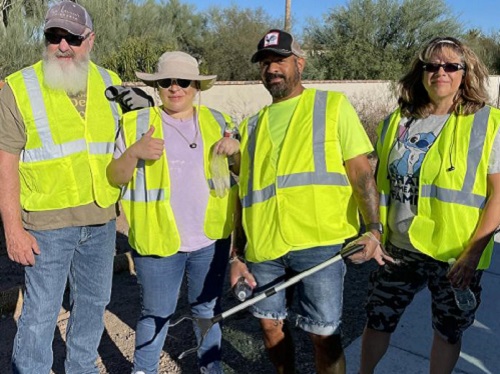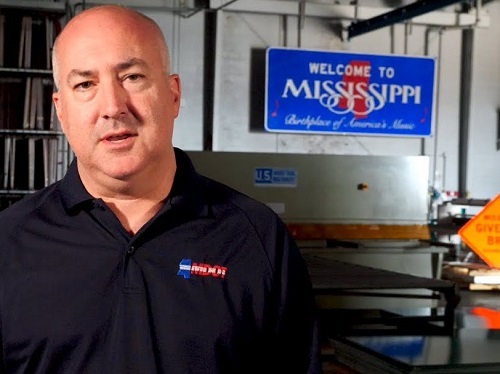Crews from the Louisiana Department of Transportation and Development recently picked up more than 76 tons of roadside litter in one week, earning the department the 2024 Outstanding State Agency award from Keep Louisiana Beautiful or KLB.
[Above photo by the Louisiana DOTD]
The litter removal was part of the KLB “Love the Boot Week,” a statewide event in which groups compete to win the award, which gets its name from Louisiana’s boot-like outline. The agency picked up more litter than any other group during the week in April, cleaning up 152,475 pounds at more than 10 cleanup sites across the state.
In a news release announcing the award, Louisiana DOTD noted that its commitment “to tackling litter-related issues extend far beyond “Love the BooT Week.” In 2023, the department budgeted $11.7 million toward picking up litter, proving the activity “is not limited to a single week but is on ongoing responsibility.”
[Editor’s note: the Oklahoma Department of Transportation was one of four Oklahoma state agencies including the Oklahoma Turnpike Authority, Oklahoma Department of Environmental Quality, and Oklahoma Department of Agriculture Food and Forestry to be receive a national award for its environmental stewardship.]
The agency also noted a reality faced by all state departments of transportation: Litter has environmental and economic consequences.
“The financial investment made by Louisiana DOTD in litter removal each year raises important questions about resource allocation,” the release said. “Each year, money spent on picking up litter could have been used in other critical areas, such as road improvements, maintenance, and overall transportation enhancements.”
KLB Executive Director Susan Russell agreed, saying that as the agency’s primary job is to maintain safe roads and bridges, it shouldn’t have to spend millions of dollars picking up litter.
“People throw stuff out the car window or let it blow out of their truck beds, and you see car parts all over the place after a wreck because no one is holding the tow truck companies accountable,” Russell said. “Then Louisiana DOTD goes out, they pick this stuff up, and it comes right back. It just doesn’t end.”
Louisiana is not alone in combatting litter. The New Mexico Department of Transportation has started a grant program for groups that want to pick up litter. The Utah Department of Transportation recently launched new program for volunteers to sign up online to remove litter. The Tennessee Department of Transportation has formed a partnership with Boy Scouts of America to allow scouts to earn a “Nobody Trashes Tennessee” badge.

